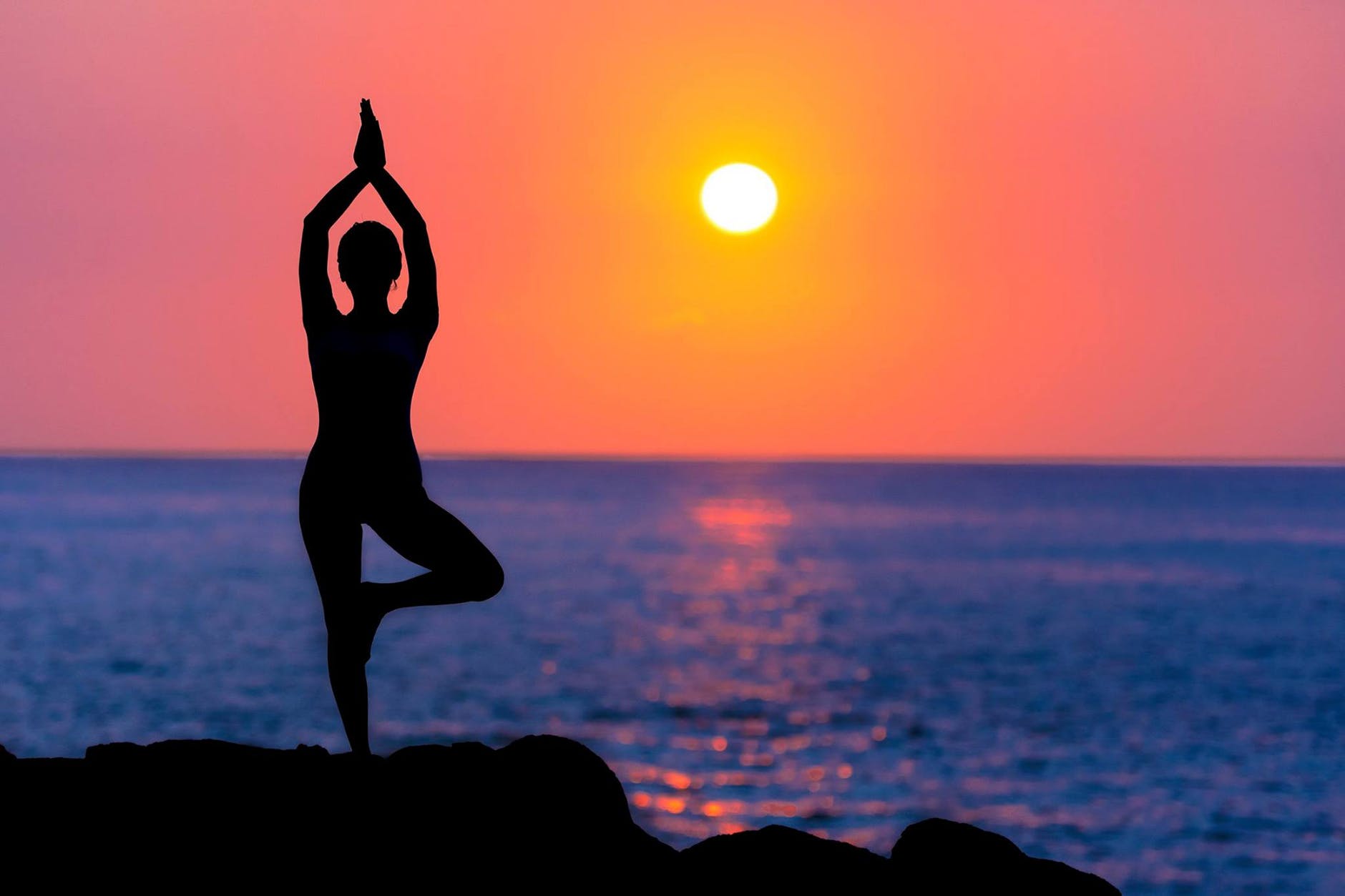Yesterday the temp peaked around 45 or so, apparently the day prior, Sydney at 47. In the western suburbs, the hottest temp recorded in 80 years or so, things are certainly warming up.
When my core temp rises by even as little as 0.25 degrees, those neurons missing their protective barriers, the myelin, those damaged nerves, may lose their capacity to function at all. I guess the brain is being asked to work extra hard, as the hard drive of the body, trying to send messages, for the body to still function & regulate a temp it can’t control. When you’re hot you’re hot & the hotter I become the more my brain fatigues, the more it shuts down. It has been the most frustrating part of living with multiple sclerosis.
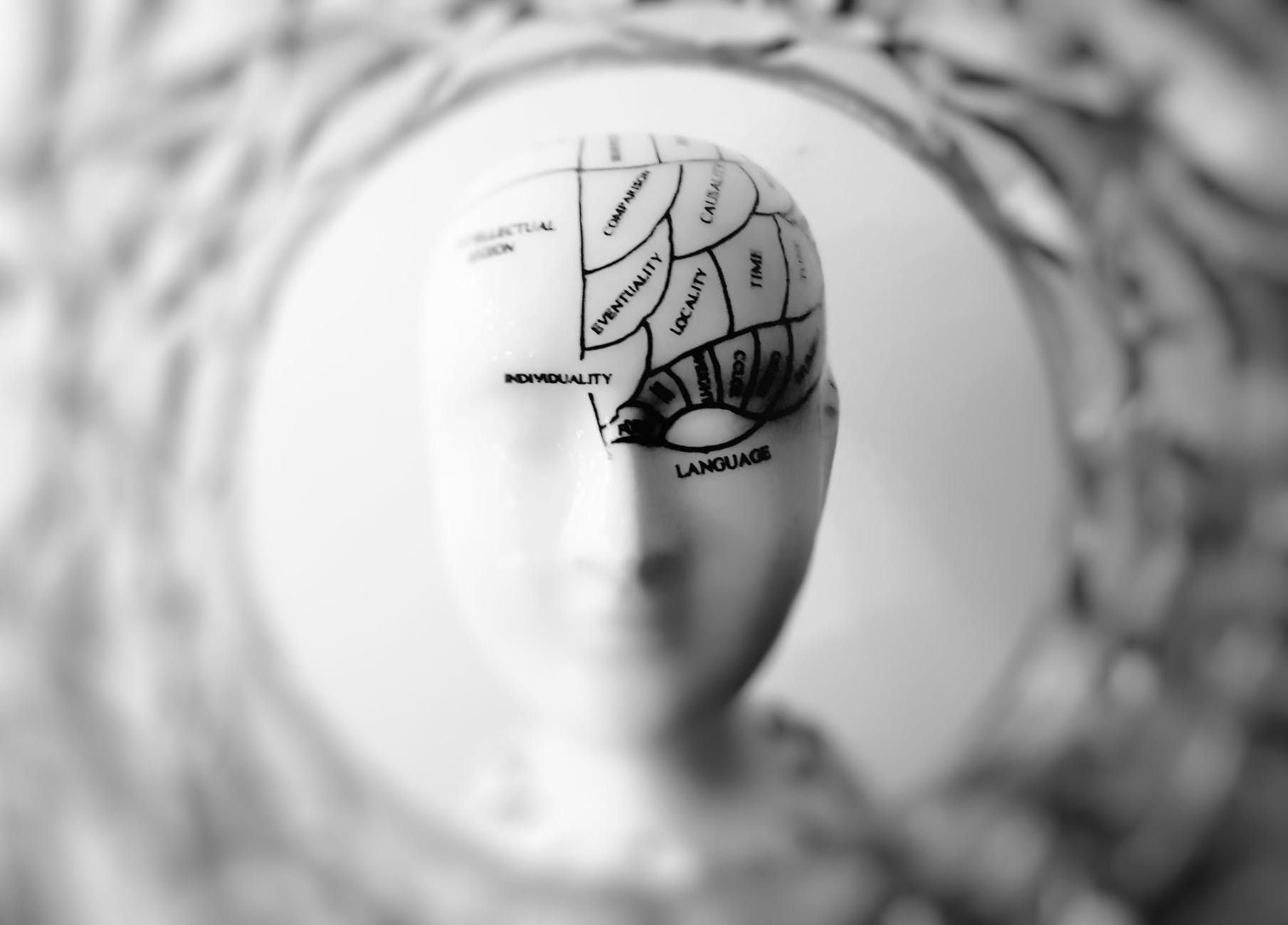
Yet few people would know what is going on inside my brain, how my nerves are functioning at any one time, few have that much empathy or care to understand, judgement is far easier. It’s far easier to complain about something someone does or isn’t doing, rather than understand why.
Society has this skewed lense of health being related mostly to physical appearance, the physical body from the neck down. I guess it’s why there is a struggle, to accept the things they cannot see, mental illness, the impact of trauma on the brain, fatigue. All the ignorances have one thing in common, the human brain. This amazing, incredibly powerful part of our existence, without it we die, simple. The brain facilitates everything in our body to function. Understanding more about the brain helps to develop more understanding for everyone around you and the differences we all experience.
I’m not really sure how we ended up with so much ignorance about something we each have and demand more from every day. Maybe it’s been a failure of science to identify the importance of neurology as much as our heart, lungs, reproductive system, schools to teach and pass on this knowledge, health professionals to advocate better for a healthy brain even at times more important than our body, after all, it’s the brain that steers this ship. How could we evolve to believe anything could be more important than the central processing system for our entire body, for every human function, the air we breathe, the movements we create, the language we use, the way something feels on our skins, tastes in our mouth, the sound of birds as the sun rises….our brain, all our brain and this astounds me at times that despite knowledge, science, medicine, history, human beings do not maximise their potential, in fact in many cases destroy it.
Sport is a compulsory activity at school, children are encouraged to participate, if not forced to participate in physical sport, in curricula matter which gives the brain a workout. Many will tell you it’s great for the brain, yet we know from data, elite athletes & sports enthusiasts take their lives, so it’s not the answer to good mental health, it’s a contributing factor. However sport, competitive sport, competitive anything, doesn’t calm the brain, it stimulates it. It lights up a totally different part of the human brain, stimulates the ego, the attachment to winning, to fitting in, standing out. It’s gone from being fun, a chance to hang out with friends, play as a team, to who gets the biggest prize wins.

There are few activities, resources or dedicated classes every day to calming, nurturing, soothing & engaging the parasympathetic nervous system, a central component of our ability to switch on the ‘I’ve got this’ calm mode when it’s needed. Very few schools offer what science has documented is found in a yoga practice, in mindfulness, activities are ad-hoc, knee-jerk reactions to popularity contests. The media reports bulging mental stats for our young people, crime, under-performing child protection services, underachieving students & the voices of those who know where this stems from, just doesn’t seem heard.
It appears more acceptable to jump into relationships with both feet, marry at an early age, conceive children while still exploring childhood and not address the attachment, behavioural or underlying antecedents to look for yourself in relationships with others, in status, rather than educate, train and skill human beings in self-love, adventure, what is in their best interest, how to pursue a goal without your ego pulling you forward, how to love others without the need to control, manipulate, live your life through your children or the connections you make with others.
The State dictates what family means to us all, tells us the rights of parents & whilst it defines the rights of the child, the child is completely silent in the processes. The child is free to live without harm, yet the parent has a right to their child. See the conflict. If we are to provide children with rights then we must do away with this out-dated construct of family & redefine family as a healthy, nurturing place in which to grow & develop in your best interests. Imagine that! Wow, wouldn’t that shake up the religious views and cultural traditions of ensuring children pursue a trajectory of generational abuse, neglect and, harm; Rarely do people address their underlying issues, can they identify the impact their own behaviour has on their children. If we are to expect change then change starts with ourselves, we must do something different and different and different & keep trying until the behaviour has changed. There is no one way. Until we recognise the vulnerability (which has clearly been defined) of the developing human brain and really put this stuff into practice, our stats will keep blowing out. We must learn to value the fragility of the human brain and appreciate our capacity to do something about it.
Whether we ignore it or not, everything we say, do, feel, relate to, want, anything & everything starts with our brain. The brain wires & fires nerves together, messages travel from one nerve to the next & off down the line to parts of your body. As I sit here typing, my brain sends signals to my legs & feet on the floor, incredibly fast signals via my eyes, back to my brain, out to my hands, all the while I can still hear the washing machine, my dog barking as he is waiting for his walk, I can notice the sounds of birds outside, my daughter reading her book, a car in the distance, the feel of the keys on my finger tips, the taste of coconut milk & fruit, flax seed still lingering in my mouth. All this information begins & is processed in my brain. Have you ever paused for a moment, absorbed, listened, felt, touched, tasted, heard the moment you are experiencing. That’s your brain, pumping your heart, opening & closing your lungs, holding that bladder, lining the spine. It’s your brain as well as your body that is affected when you diet, starve, binge, self-harm. It’s your brain that is affected as well as your body when the crap hits the fan, screaming, yelling, family violence, relationship violence, dysfunction, random acts of violence outside what a brain would normally see on a day to day basis. Even the sitting at your screen, staring into human-like characters ‘taking each other out’, firing bullets into imaginary characters, your body is affected by the lack of activity, your brain by the over-stimulation, levels of chemicals constantly engaged in fight mode.
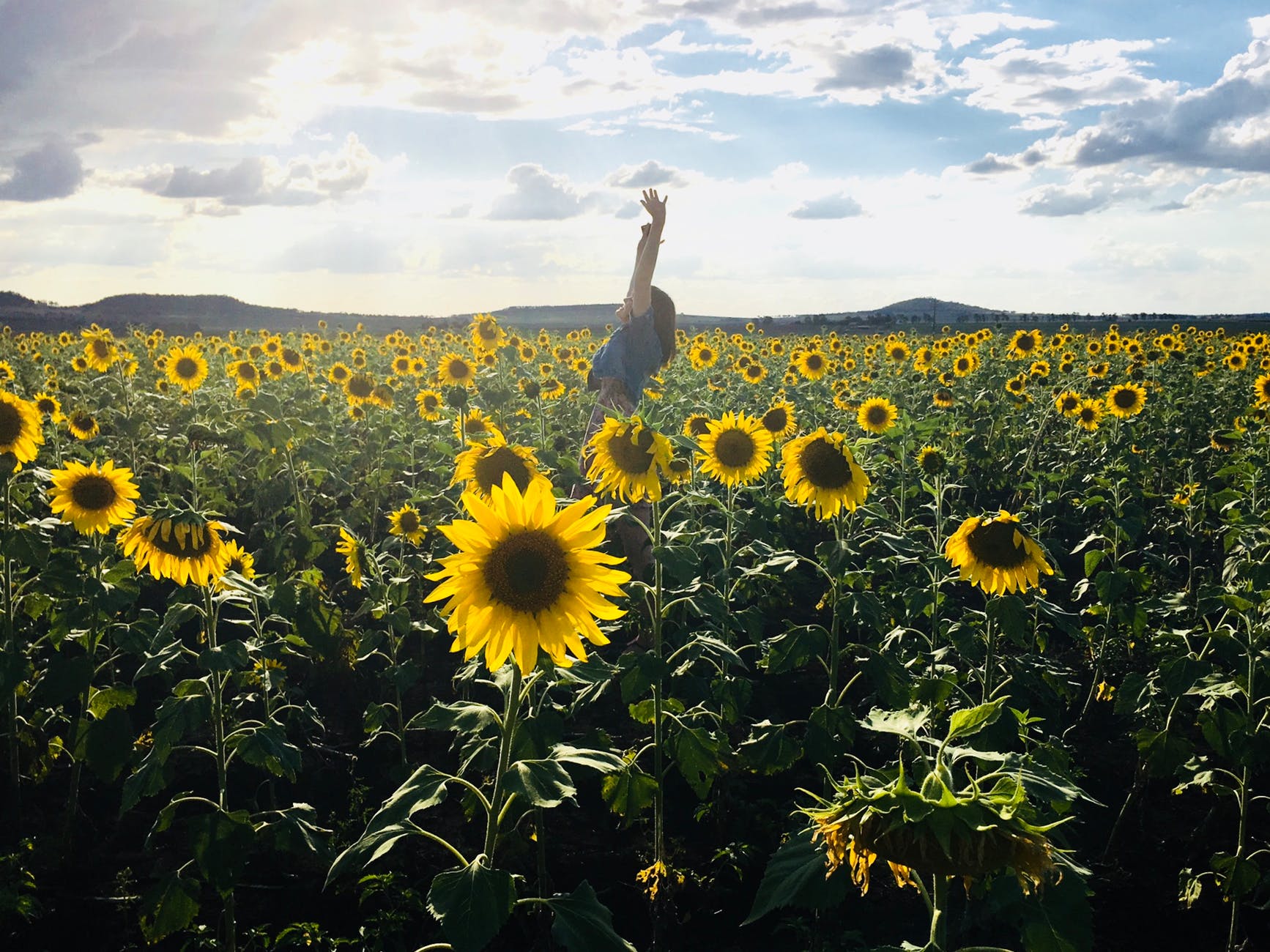
There are companies around the world, Google as one, who have appreciated healthy brains means better more productive work. Providing employees with opportunities for creativity, relaxation and healthy brain activity is the key to sustaining a healthy workforce.
Human behaviour fascinates me, it always has, for as long as my memory can recall. Whether it was Margaret Mead’s anthropological works, Darwin’s theories, Maslow’s hierarchy, even Freud’s hypothesis, Skinner & Bowlby, why we do what we do, what motivates us, inspires us, creates change; why we hurt others, how we heal, why we love. I love reading anthropological studies of communities untouched by modern society, how they parented, formed relationships, survived. Then look at where I live, look around, at the suffering, despite all the technology, income, money, conveniences, unhappy people & so unhappy, that many are taking their lives. Something must change.
Once I began learning about human behaviour, the more I needed to learn, the more I wanted to learn, the more intriguing a delayed flight could be at an airport, watching, observing, listening, as human beings go about doing what they do. The more I could learn from a conversation, from listening, from taking in the surrounds, the before, the after, the here and now.
Yet, as much as we have learned about human behaviour the need to categorise, simplify and pop everyone into neat little boxes to aid funding, treatment, therapeutic services, has increased. The more we know, the less we know, weird really. The more labels & divides, less understanding & more assumptions are made.
Some time ago I had just been discharged from an MS flare up in hospital. I’d had 4 days of steroids, normal process for a flare. I’d also had a crap time, the hospital struggled to provide for a vegan diet, my stomach was upset, I didn’t sleep well & felt crappy. I still didn’t have a new GP at that time, so I checked out someone local. Without even looking up or examination (not that you can see inside my brain), he began typing. At first, I thought he was making notes, then he started to speak as if he was prescribing, so I asked. Yep, wouldn’t you know it, he stated “you have MS, most people suffer depression, its a normal part of MS” and began writing out a script for anti-depressants!
I wasn’t there about feeling depressed, I was tired, having a check-in after checking out of the hospital, I didn’t state I had depression or needed them & of course I didn’t go back, he wasn’t even a neuro specialist, hadn’t collected a history, hadn’t discussed any other symptoms & yet here he was about to give me something that could alter the way my brain functioned.
I have no doubt this is not an isolated incident. Of all & I’m talking all…the people I know who go to this same doctor, all have been prescribed anti-depressants. I have a brain disease and I’m an individual. Where these lesions are located, what size and how many will & does have a direct effect on how my brain functions. Understanding that is a key to providing a treatment in my best interest, not the pharmaceutical kickback schemes.
One of the tools used to diagnosed how our brain functions, identify underlying causes & it has clear criteria for diagnoses, is the Data & Statistical Manual – the DSM. In 2013 it became the DSM V.
In the last edition, the following additional diagnoses were added.
* Binge eating disorder
* Caffeine withdrawal
* Cannabis withdrawal
* Disinhibited social engagement Disorder
* Disruptive Mood Dysregulation Disorder
* Excoriation (Skin Picking) Disorder
* Hoarding Disorder
* Hypersexual Disorder
* Major Neurocognitive Disorder (& Mild)
* Premenstrual Dysphoric Disorder
* Social Communication (pragmatic) Withdrawal
In 1943 the US Navy & then, Army, began documenting a more efficient way to assess, categorise & treat US soldiers and their symptoms following the war. By 1949, the World Health Organisation had added in the first of mental health disorders to the ICD (International Statistical Classification of Diseases) adopted from those ‘similar to the armed forces’. In 1952 the APA (Psych association) listed homosexuality as a sociopathic personality disturbance; and wasn’t removed until 1974.
Then in the 1960’s the tide began to change. Up until then a great deal of the DSM & statistical data had been recorded & hypothesised by psychiatrists. With more behavioural psychologists studying, observing, documenting & analysing human behaviour, they began to challenge the medical model and unobservable disorders previously claimed by psychiatrists.
In 1973 Stanford University Professor David Rosenhan attempted to make this point loud & clear when he conducted an experiment to highlight the issues with psychiatry. With a small group, 3 women & 5 men, faking auditory hallucinations and in an attempt to enter 12 different psychiatric facilities and then acted normal following admission.
Once admitted, they were prescribed antipsychotic drugs. He published his study in Science titled ‘Being sane in insane places’. You might think how hard this was or unfair to the hospitals? Well, it was only the first part of the experiment. The ticked off hospitals then posed a second part of the experiment, they challenged Rosenhan to send pseudopatients and with the knowledge, they were being sent a ‘test’ like scenario to see if they could appropriately diagnosed, the 2nd part of this interesting experiment occurred. Out of 193 patients, the staff stated they detected 41 pseudopatients, suspecting a further 19. Yet what makes this part so interesting & questions the whole process of diagnosing & its risk of assumption, is Rosenhan hadn’t actually sent anyone at all. Think about that for a while. Rosenhan identified what he called ‘expectation bias’. We will come back to that.
Not only did these experiments highlight the validity of psychiatric diagnoses, they also brought to light the dehumanisation of those with potential mental health concerns.
The thing about our humanness is when we know better, we have the capacity to do better. However, history continues to be repeating itself, despite what we learned from making assumptions about behaviour, changes in behaviour, without really unpacking the bias & going below the surface, taking off the layers and getting to what the hell is going on for this individual, human beings continue to assume so much based on so little, just as the GP had done with my appointment above.
In 2015 a survey revealed 1 in 7 children and adolescents between 4-17 are diagnosed with a mental health disorder in Australia. ADHD the most common, 7.4% of the data collected. It also shows the data is higher for males than females, except for depression, which was slightly higher in childhood for females. It also identified children from families experiencing high unemployment, lower incomes, less education and even where children reside (non-metro areas) had higher rates of mental health diagnoses. If you then look at the data by family type, males are twice more likely to be diagnosed in a single parent home than in a two-parent family.
What the data is supposed to do is inform policy & planning. It is supposed to help increase funding & show us where the gaps are & how we need to do better at supporting families. That isn’t exactly what happens. Now don’t go assuming as many have done & using the data out of context or pointing fingers at single parents, we know that safety is always a priority with children. What I’d like you to contemplate & look for in this data is one glaringly obvious thing, look outside the box, look at what brings all these statistics together? These are all highly stressful environments for adults, let alone a child, is it no wonder you will see a difference in childhood behaviours, outside the norm. What are adults expecting should happen? Seriously!
Back to the brain. Before my diagnosis, I had experienced symptoms for over a decade. Unusual little things happening, yet every time I had a symptom, it was the associated physical part of the body treated, not the origin of the signal. So, my arm hurt, we looked at my arm, took an x-ray, made sure nothing was broken, I had multiple MRI’s of my brain, starting with a few ‘unexplained white matter’ on the brain. It continued to be unexplained with more symptoms, years of odd little changes I could notice. The more I learned about behaviour & observation, the more I noticed my own brain changing. Still ‘unexplained white matter’, from 3 or 4 lesions up to around 20 or so.
It wasn’t until a new GP & a suggestion from someone who had also been diagnosed with MS after a long history of symptoms & misdiagnosis, that the lesions began to appear in the correct location for MS & I was diagnosed with RRMS, remitting-relapsing multiple sclerosis. I had even seen a Professor who specialises in MS ‘absolutely not MS’. However, 3 months later, another MRI, a relapse or flare-up & new lesions appeared. The same occurred when my son was diagnosed with a brain tumour. Sixteen months, numerous pediatricians, general practitioners and ‘just a lazy eye’. Ben died when he was 3 years and 4 months of age from malignant tumour, in the brain stem.
Your brain, my brain, our brains, they affect everything we do, they are everything. What you fuel your body with affects your brain, what you drink affects your brain, how you sleep, what you enjoy. Your brain records your behaviour, your behaviour tells the story of what goes on in your brain. I cannot think of a more critical part to care for than our brain. Yet it was many years before I really acknowledged this, years of adolescent experimentation, backpacking, drinking, partying, stressful environments, working long hours for more money, staying in relationships because of skewed ideas of loyalty, responsibility and, love. All these culturally ingrained in my brain as ways I had to survive. Wrong. All wrong.
Maybe it took the risk of losing my mind to discover how vital it was to me. The idea that I could forget how to paint, to sing, to laugh, experience joy. The thought that I could forget my memories, faces, people, places, whether they were good or bad or ugly, that I could lose my history, my movement, capacity to make the toilet in time, to eat, swallow, sleep, breathe. Maybe it took all of this to slap me so hard that it would rattle all that data & info upstairs & make it clear. Nothing was more important than my brain health.
For years it had been neglected, on auto-pilot, reacting behaving, responding to stimuli. I made myself so busy there was no time to stop & unpack what I was hoarding up there, just shove it to the back & get on with being busy, with living. Heavier it became, more stressed, more toxic it’s environment. Imagine running your body constantly on high, never walking, always running, running, running, busy, busy, busy. More, more, more. It sounds exhausting just typing it.
Then while you are running, while you are physically pushing your body as hard as you can, you eat crap. You drink alcohol, you smoke (not that I ever smoked), you fill it with stimulants like sugar, fats, inflammatory foods the nerves hate, you smother it to the point it struggles, impacts on your organs.
This is what happens to our brain. Everything you do to your body, I’ve done to my body, impacts on our brain. Nothing is more important than nurturing the brain. If you were to make brain health your priority, physical health would go hand-in-hand. If you eat for brain health, you don’t need to count calories, you are eating well already, because the food you need for thought & processing, well it’s damn fantastic food for your body.
A few years back I switched from vegetarian to a vegan diet after my yoga teaching experiences in Indonesia and the yummy food dished up each day. I then began learning more about a vegan lifestyle, about my impact on the planet, about living a yogi lifestyle. Living with compassion to all living things, with kindness in my heart every day, to nurture my body while nurturing the planet at the same time. I began to see myself as a key part of change; If change, was to occur, it started with me. Kindness, compassion, love, had to start from the inside to ripple out.
A shift began to happen, despite the lesions, despite the stress of living with a brain disease (what people tell me is stressful), despite experiencing 9 out of the top 10 traumas previously (if I was to visit a new psych that expectation bias often resulted in a script before I’d even finished the introduction), despite fitting the high statistics categories, single parent, lower income, social isolation, disability, trauma, all the factors which are supposedly documented as putting my children and I at higher risk, we are thriving, we laugh, we sing, we love hard, we have our own home and it has been a while in the making, yet we are blessed with the life we have, I wake with gratitude every day.
I now travel the Western region of Victoria bringing the therapeutic benefits of yoga, mindfulness, brain health to as many as interested. I am back working a few days a week, hoping to complete a Masters this year, still working on those novels and whilst the MS does have its impacts & lets me know just what that is on warm days, I am learning to listen to my brain, to my body and when I can do more, I do more, when I can’t, I rest. It’s living a mindful life in all I do.
I eat for brain health.
I noticed a short while ago I wasn’t having as much fruit as I had previously, I was attempting to follow recommendations for overcoming inflammation in the brain, yet my body needed something more, my brain was sending signals something was missing. I was out of balance.
I started with the fruits I love, the benefits of great Australian summers; kiwi, strawberries, nectarines, a few nuts, fresh coconut, the odd date or two & wow it made a difference to the start of the day. On some of the online MS groups, they would advocate no coconut, no this or that, once I admitted I had a tablespoon of coconut oil, someone suggested this was the whole reason my MS had progressed! Woah, fancy that, MS is the result of coconut oil! Tell that to the cultures around the world where it is a staple in their diet. Balance. Individualised balance. How can you possibly imagine that what works for someone on the other side of the world will work for you? Try by all means, yet find your balance.
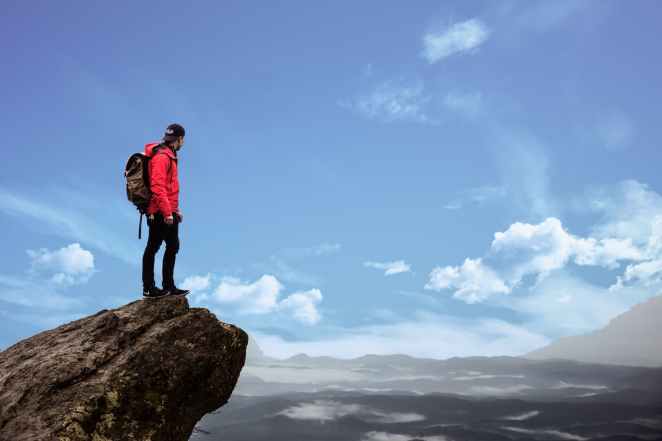
What does this all mean? One thing seems clear, over-generalizing, trying to fit everyone into boxes negates the individual differences, ignores listening, engaging in the moment, being present with what is arising for each and every one of us. We might all share the same species category, yet our parents are different, our birthing stories, our childhoods, injuries, events, people, places, how we live our lives, culture, language, homes, treat our brain and our bodies are different.
What fires together, wires together.
So there is no doubt what your brain needs is an individualised approach. Yes, there are similarities and these are the diagnostic areas which bring people together in data & stats. Yet, we are all still different. There are individual differences.
I’ve lost count the number of time someone has said “oh yeah I have a friend with MS, they are fine”, now I’ve started responding with “fantastic. How many lesions do they have and where are they are located” of course no one ever knows that information, sometimes not even the patients themselves. Yet ask someone which disc in their back hurts or ligament they tore and for some reason generally, people know their body from the neck down better than the engine that makes it all happen and forget the brain is all about space, what occupies that space. Something that impacts on it, like a tumour, a lesion, benign or malignant, it’s about the space it takes up and the nerves that are meant to be taking up that space instead, that’s what is affected.
Many across society understand & accept the impacts of alcohol and smoking, prescription drugs, even food, on the body, yet how many understand how it impacts on brain development and function? I wondered how many brain cells I might have today if only I had realised this in childhood. When doctors are treating the 40 plus generations or even younger, do they really gather all the info on their previous history, the impacts on their brain health before diagnosing and prescribing & do people tell the truth?
Rarely today are people diagnosed without multiple issues going on at the same time, that’s because everything in our body is connected. When we are stressed, anxious, fearful, traumatised, people substance abuse, overeat, undereat, binge, take risks, isolate themselves and all these behaviours have an impact on our brain and body.
In 2017 after taking the prescribed MS treatment drug to try & slow the progression down, I became more chronically fatigued. Whether it was the drug, the lowered Vitamin D, which so many attributed to the MS (yet the funny thing is my D was fine before I started the immunosuppressant drug & picked up when I stopped it) or it the lesions, that’s the magic question, yet I was picking up everyone’s bugs & having to cancel teaching yoga classes & without an income my stress was going up, my brain more fatigued & so the cycle worsened. I used a basic functional assessment technique to evaluate everything & anything contributing & impacting.
I decided to stop the treatment. It wasn’t the best option, yet one I had at the time. I then trialed removing all stimulants, any sugars, caffeine, even a wine or two each week. I completely bottomed out, so much on an extremely hot day I was so fatigued I couldn’t move off the lounge to get water. I felt miserable, so my brain chemicals were struggling to maintain a feel-good chemical response.
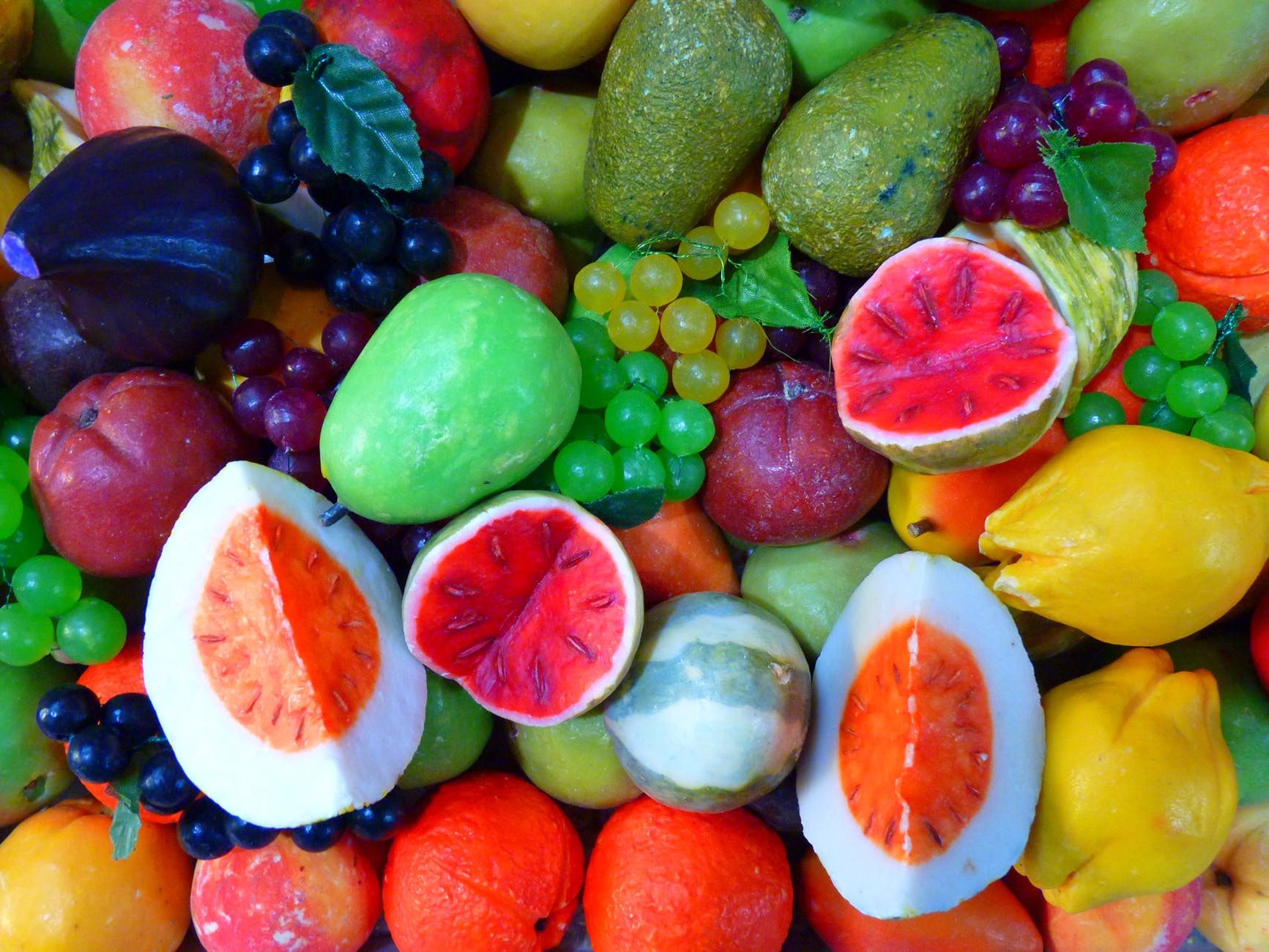
I put the coffee back in, a long black each morning, things picked up, because I enjoyed my early coffee before everyone else wakes up. I put more yoga in, less heat generating asana & more mindfulness. I cleared out the house & unnecessary clutter, so I wasted less time finding things & less time tidying, there was more order.
I continued to tweak my routine diet until it worked & I still tune in every day. I became mindful of what I was eating, how it affected my brain, increased or decreased energy. Alcohol is a significant role player. Despite only 1 or 2 wines here or there, the after effect, was not worth it. If I do choose to enjoy a glass with friends, I know the next day I’m going to need to rest more, drink more water and feel a bit like crap. My brain loves greens, most things from the garden. I’m completely vegan, I cannot imagine how I could live another way, the thought of another life ending, suffering, the pain and fear they must experience, even the use of palm oil, I can picture the destruction and devastation of natural habitats, killing our planet’s orangutan populations. I can’t bring myself to cause suffering to another to meet my own needs, it feels as if it contributes to the imbalance in our world, not a legacy of compassion, joy & happiness our children so need right now. In order to put something in my mouth out of habit, which is harmful & inflammatory to my brain, heart, organs, I have no idea why I could have ever thought this was Ok, other than culturally a habit because history continues to repeat itself until someone starts to use their brain.
Years ago we were told vegans were pasty looking people who lacked the vitamins, minerals & proteins their body needed. It was completely false. Science has now supported vegan diets and lifestyles & says the eating of any animal source is unnecessary. I mean we are the only species (not me) on the planet who drinks another species milk! Athletes, bodybuilders, people from all walks of life are vegan and they do extremely well in their chosen field. There is no evidence without it being out-dated that can support that vegan is unhealthy. Of course, you have vegan’s who eat crap as well, sugar & too high fats, too much of anything isn’t great for you. Yet there is an opportunity through a whole food, plant-based diet to overhaul your body & brain health, be more compassionate & kind to the planet, to leave the world more gentle than you found it. It’s a choice. I can’t look at my dogs without respect, they are not pets they are my companions, I treat them with the same kindness & respect they deserve as a living being without the words to say when they are thirsty, hungry, in need of love & attention, empathy. I can’t look at an animal destined for a food source or a meat product and not see suffering. However, that does not equate to causing disrespect or suffering to human beings and sadly this is where veganism has had its challenges. My son is not vegan & I love him just as much as I do all my children. By role modeling a different way to eat, a kinder, more compassionate way to live my life, this is his opportunity to learn. So whilst I choose this path, I don’t try & drag people down it with me using force. Compassion & kindness in all we do.
I encourage the students in my classes as I practice each day, to be mindful in all they do, to listen to your own body, your brain, your heart. To tune in & notice what is arising when you feel good, what is arising when you feel like hell. Do more of what feels good. This doesn’t mean isolating yourself from the world of not so great people, places or events. It means discovering a peace so sustainable, an inner compassion and self-love so strong and resilient, you could be anywhere at any time, in the midst of chaos & still find peace. Discovering that peace you are seeking, that peace that is so good for your brain, that destresses, calms, helps you listen to others, develops empathy, patience, tolerance, acceptance, all these values which engage the parasympathetic nervous system & aide your brain to rest, restore & renew, you had it all along, right there inside you, it’s not found in things, in careers, in people, it is found in you, originates from you, comes from your brain. So wouldn’t it be in your best interest to give your brain the best possible chance it has? Those things may create opportunities for joy, meaning, purpose & fulfillment, yet they are only a part of this journey.
So, I decided to embrace right here, right now. The past is gone, the future is unknown, what matters is how I live my life in the present moment. What matters is how I live now. How I eat, breathe, behave, experience living in all its magical moments and how I attach my brain to any of these experiences.
When Bowlby posited his hypotheses on attachment, it was like a lightbulb moment for many across the world, professions. Harry Harlow attempted to show how dysfunctional attachment can be by hurting rhesus monkey’s in the process. The thing with attachment, with theories, is we start out with good data, as the Navy & Army attempted to do, to better provide for soldiers experiencing trauma following war & then it becomes manipulated & twisted & taken out of context. Attachment is a buzz word, also a key indicator of our behaviour, what is tick ticking away under the layers. How we attach, what we attach to, why we attach & sometimes it is the key to unraveling, the key to change, the key to finding peace, learning attachment can be as Buddha once said ‘at the root of all suffering’.
So to nurture my brain I looked at my own behaviour in this functional assessment, I looked at my attachments, who, what, where & why. What mattered, why it mattered, did it really matter when I unpacked it & how did I think that way (not that it was really relevant, yet it helped to address how it became entrenched).
I let go of my attachments. I literally unpacked it until there was nothing remaining & I listened to my body, noticed what was arising in conversations, in interactions, how I was feeling, little triggers & neither need to fix or over analyse just notice & then breathe, to not attach to it. To things, to people, to places, to events. I didn’t stop thinking or remembering or caring, it was the weight I placed on those things & how they impacted on my brain I opened my hands & no longer held tightly to. It’s when you start thinking…when this happens…this will happen. You can’t predict, we can hypothesise, we can assess the risk, yet we can’t know how others will react completely without a pretty good grounding in behavioural analysis & that is with knowing everything about that person. What you can know is yourself, how you feel around different people, how situations change the sensations in your body, you can keep a journal & begin to unpack what is going on, what is arising on the inside under different circumstances.
Why are we attracted to certain personalities?
Why do we like certain foods?
What we enjoy about different experiences that are unhealthy for us?
Do we actually enjoy them or are they merely covering up something underneath?
So many mindful questions you can ask yourself in the moment or merely notice & become more aware of who you are, why you are & how you are. Become more aware of you & discover how to be you. Knowing yourself more, understanding your brain, is the key to the path of finding joy, peace, contentment.
So just as I practice in asana & meditation, I decided to create space by clearing out the old files to allow for the new. I dusted off the cobwebs inside my head, unpacked a lot of luggage & boxes up there I had packed away in the too hard basket & decided to focus on breathing through every single piece as I unfolded each layer. Some I found I didn’t even need to look inside, the more I began to let go of cultural conditioning, the more accepting I became of myself, the lighter I began to feel, the less need to fit anything or anyone, to fit in or stand out, to please or displease. The more I was able to just rise each morning greet the sun, feel amazing blessings for the day and air in my lungs, the body & brain I have right here, right now, the opportunities I’ve had to grow and learn & discover to adventure through life. I opened up my arms & welcome it all as opportunities to learn more. Wouldn’t you know it, through that process I empowered myself, I rose above all the events & traumas, the grief & loss, I could see the potential in each story, in anyone, anywhere, because of letting go of the attachment, to particularly the ego, to live without without judgement or self-righteousness. It liberates the soul, breathes life into the brain, the human consciousness, where we stockpile all our stuff, that can get really hot & cluttered in there. I felt free.
I began asking what can I learn from this person?
What can this teach me?
What are my lessons here?
or to merely experience the here & now as it occurred.
My brain breathed a massive exhale.
I began to sleep better, despite years of instruction, trialing different procedures, my brain was able to rest. I began to taste things differently, appreciate experiences more, I felt no need to have anything, other than for joy or how it could lift my psychological and physical wellbeing.
When I realised I didn’t need fixing, I found acceptance.
When I realised I didn’t need to go faster, I found patience.
When I realised I didn’t need to fit in, I found tolerance.
When I realised I didn’t need anyone to make my life better, I found self-love.
I began doing more of what I could do when I could & rested when I couldn’t.
At present I have over 30 or so lesions on my brain, how many of these are a result of MS and how many are developmental changes, trauma or from another cause, we will not know. I only know during a short period of a few years, intense traumatic experiences, cumulative stressors, they increased from a handful to dozens.
If trauma, experience and both of these are basic stimulus, can have a negative impact on the brain, then it seems pretty easy to consider so can positive experiences.
Whether these meaningful & joyful experiences reshape, heal or merely train our brain to re-route to a different pathway, that’s for the neuroscientists to discuss.
I learned brain health is a key to whole health, you can be as fit as you like, a 6 pack and all & yet still battle depression. We are a web of layers, of experiences, learning, events, people, everything & everyone impacts on us. The magic is that you get to decide what to keep & what to let go, to acknowledge for what it was & then realise you don’t need to carry everything. Just like you were packing for a holiday, you don’t need to take the whole wardrobe, just the things that are relevant.
With the minimalist movement growing by the day & vegan lifestyles, cafes, restaurants & social media multiplying rapidly as the fastest growing change in the food industry ever, change is coming, we are actually evolving. As we know more, we can & will do more.
For too long the brain has been used for suffering, for hurt, hate, anger, greed, competitiveness & for so many experiences which have been detrimental to the human mind. Our mental health stats haven’t stopped rising, our children are losing the joys of childhood, of play, of random acts of fun & making mistakes! For goodness sake, perfection has taken over, alongside disrespect, disregard & an apathy that is killing our planet. The world does not revolve around you, you are part of the world, we are all connected, all living beings, what ripple you create is a choice, you can decide your own vibration. Imagine deciding to make it one of kindness, compassion, gratitude, love & wellness.

Finding yoga has probably saved my life, living a yogi lifestyle has enriched it, shown a clarity nothing or any professional has ever been able to prescribe. The more I unpack, the lighter I feel, the more space I create, the more liberated & free I feel. The more I can welcome the new, people, places, events, open my mind to new possibilities, the healthier opportunities my brain has to survive & continue to give the best possible experiences it can.
Be the change.
Namaste
xo
